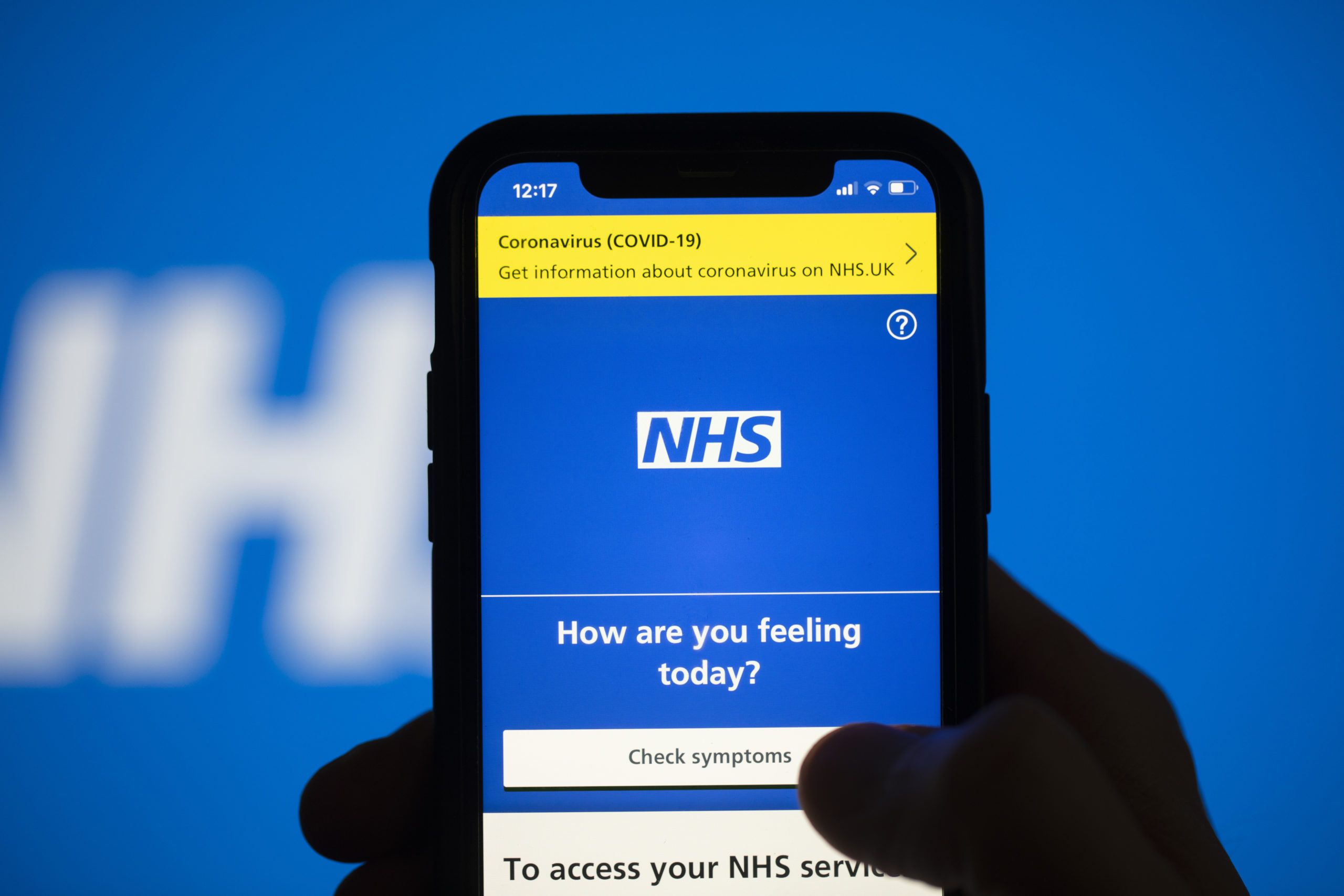latest
The NHS’s speedy adoption of digital technology is welcome – but we need to be cautious too
The widespread adoption of digital processes in the NHS as a result of the pandemic has brought important benefits, but we need to make sure we don’t outsource clinical judgement to technology
"In an institution such as the NHS, which is under severe pressure from a pandemic but is also short-staffed, there is an obvious temptation to see technology as an overarching solution." Greg Allen, CEO, FCC
The start of the new year saw a major milestone: the NHS app has passed 22m downloads. The vast majority of those (18m) have occurred since the Covid pass was introduced in May 2021. The app isn’t just being used for the pass, however. It has also been used to book 1.1m GP appointments and to order 10.4m repeat prescriptions.
None of this would have happened – or at least not as fast – without the Covid pandemic. After years in which the NHS struggled to move beyond paper processes, it has, in a very short space of time, successfully augmented the amount of digitisation in some areas. Noting current pressures and some restricted online access, the fact is that GPs and mental health professionals are offering Zoom consultations. Some primary care practices are using eConsult to offer online consultations. Hospitals are offering the ability to book appointments online.
We are also seeing a greater use of remote monitoring of certain conditions through sensors and apps. Babylon’s recent purchase of HiGi certainly suggests that it sees remote monitoring as an important part of health care in the future.
We seem to have reached a turning point. The march towards digitisation looks set to continue post-pandemic: the Wade-Gery report at the end of last year made a number of recommendations to ensure that digital technology plays a major role in improving efficiency and patient outcomes in the NHS. This week the parliamentary health and social care committee urged the government to make swifter progress in going digital.
Technology is not always the solution
We might even see unexpected benefits from digitisation. Men, who are generally notoriously reluctant to see their GP, might be encouraged to take better care of their health if they can use an app to check their symptoms or make an online consultation.
But do we need to be cautious too? Last week senior doctors warned that NHS England’s demand that hospital trusts use virtual wards (in which Covid inpatients are sent home with a pulse oximeter to be monitored remotely) has no proper evidence to underpin this drive. The consequence, they say, could be to put patients at risk and overwork staff.
In an institution such as the NHS, which is under severe pressure from a pandemic but is also short-staffed, there is an obvious temptation to see technology as an overarching solution. If you can send patients home and monitor them through technology, that could free up a hospital bed. In theory, therefore, this could pass some responsibility for care from the clinician to the patient – only where that is appropriate, of course.
While it’s good to see the NHS move increasingly to digital processes (particularly for administrative processes such as making appointments) we also need to make sure that technology does not become the default, where we might previously have required the direct expertise of a clinician. Improving efficiency is important, but so is retaining critical medical thinking and judgement.

